Why walking, wheeling and accessible neighbourhoods lead to better mental health
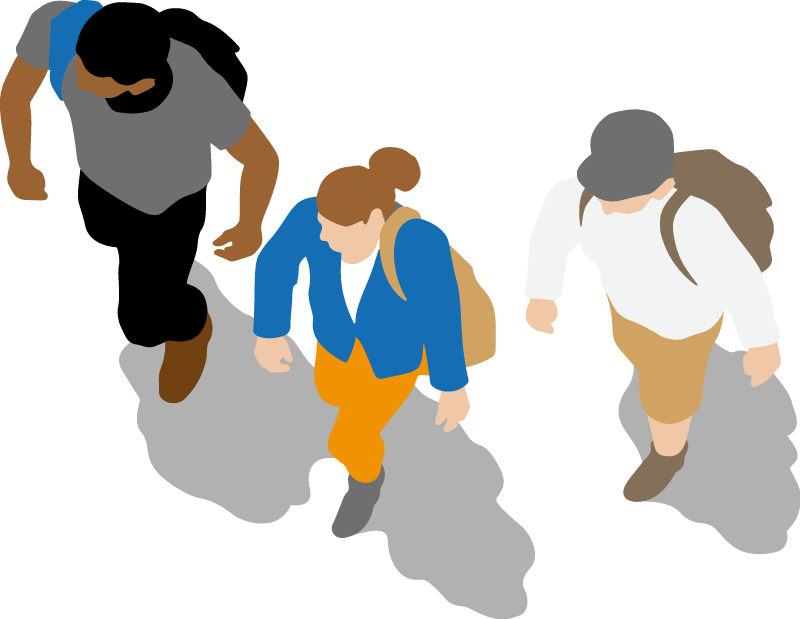
On World Mental Health Day (10 October 2024), Living Streets’ Chief Executive Catherine Woodhead tells us why walking and wheeling is about so much more than keeping physically fit.
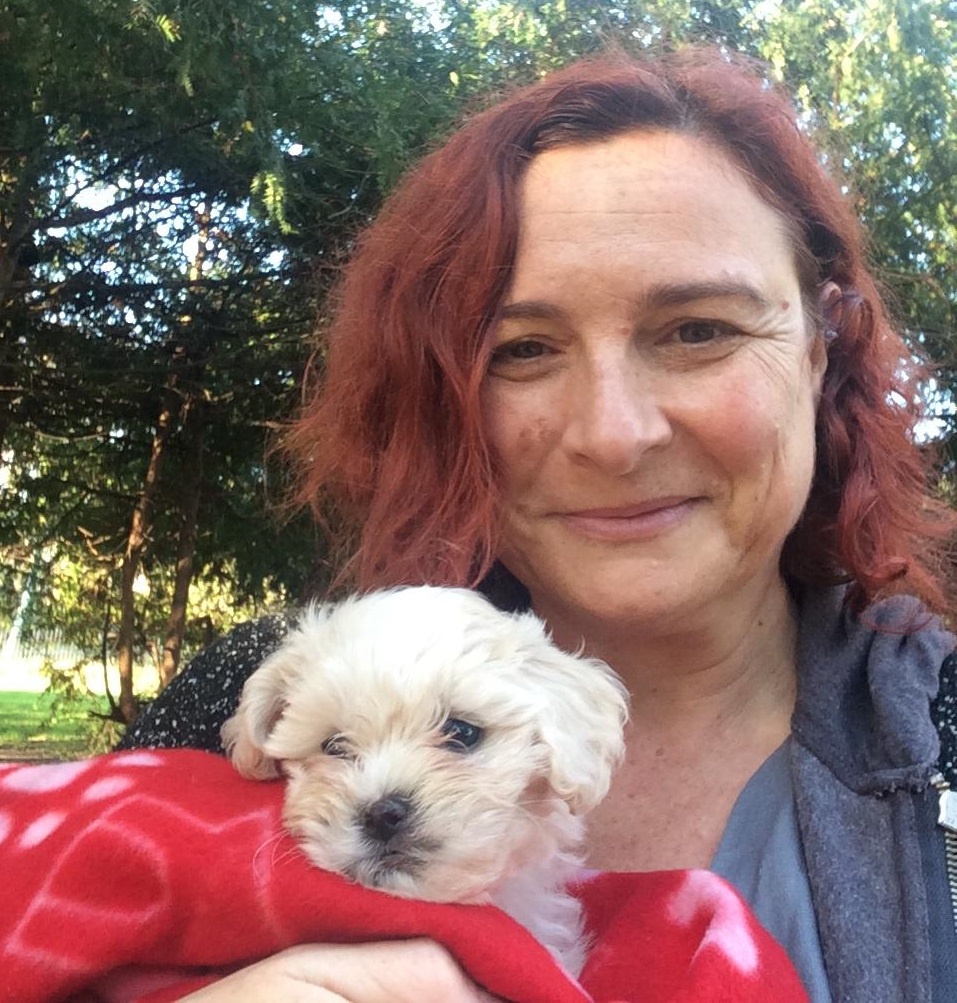
In August, I joined Living Streets as a passionate advocate for walking, wheeling and accessible neighbourhoods.
I've seen the benefits this can bring to people throughout my 24 years in the charity sector, across a range of charities and people I interacted with from Help the Aged and Save the Children through to Fight for Sight and more recently the Changing Places consortium and Muscular Dystrophy UK. The one common theme across all of them was better mental health and wellbeing.
In the UK, one in four adults and one in ten children live with a mental health problem, but walking or wheeling for just ten minutes each day can lower the risk of depression.
Some of us are lucky enough to have safe, open, accessible spaces to walk and wheel, and we often take for granted the mental health benefits we are experiencing. It's only when they are taken away, or our mental health is suffering and we turn to these spaces that we realise how much they really matter..
And for many it's not something they realise can help them or safe and easy walking isn't accessible. That’s why I've been so impressed by the projects Living Streets delivers to remove the barriers to exercise, like Walking Connects, which tackled loneliness amongst older people through walking, or where we introduce the opportunity to walk and wheel with WOW – our walk to school challenge.
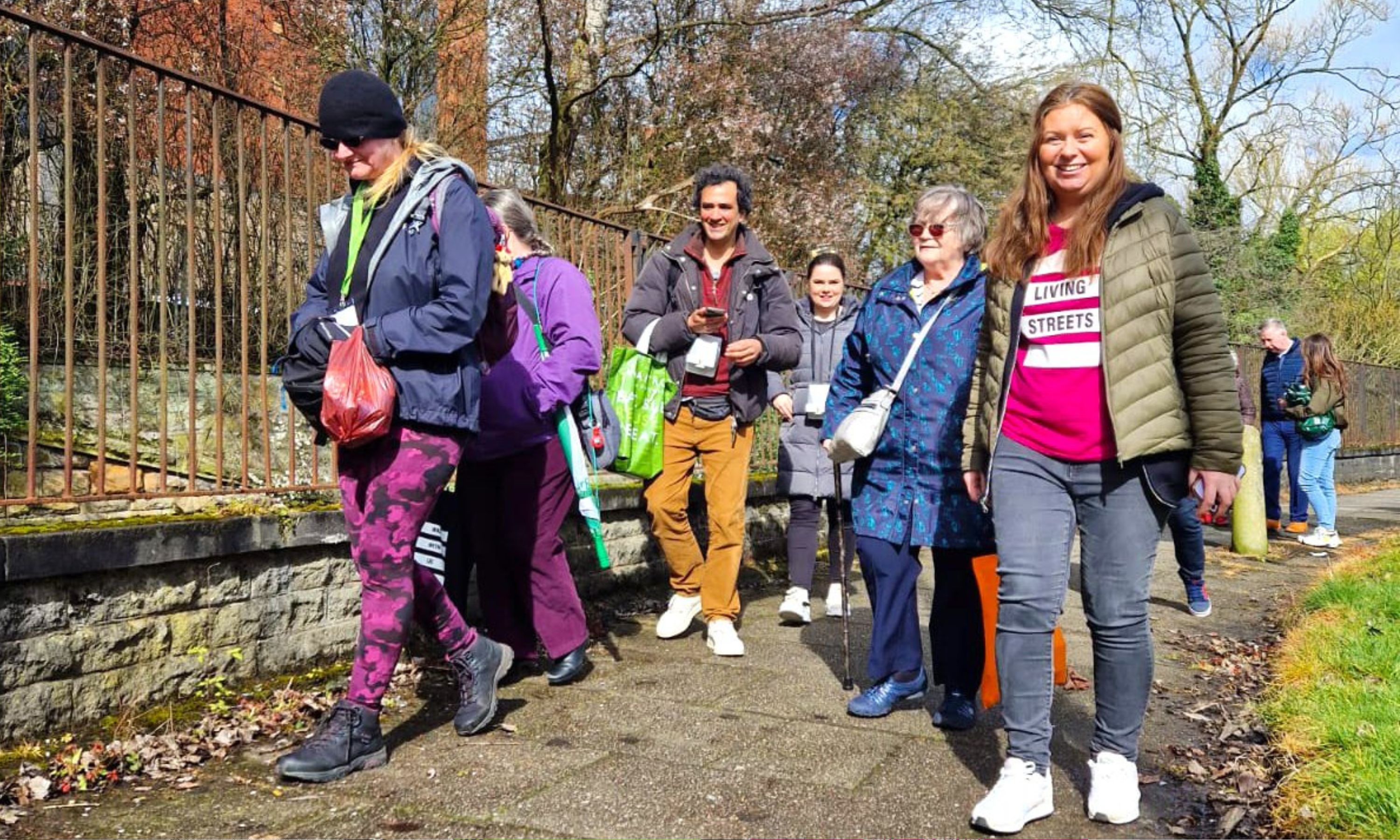
"In the UK, one in four adults and one in ten children suffer with a mental health problem, but walking or wheeling for just ten minutes each day can lower the risk of depression."
During the pandemic, walking initially became an essential, a rush to the local shop for essentials and return, and then a luxury when we could get out for an hour and use it in the way we always had before, but this time with more awareness and appreciation.
At the time, I was working for a charity and being locked indoors, working long hours, I became solely focussed on the job at hand, with only the opportunity to walk to the shop as soon as it opened for our household and an older neighbour – careful not to interact but to get out, get essentials and get back home as quickly as possible.
When we could exercise for an hour, my walk, as I'd often realised, was an opportunity to release tension, frustration, to sometimes cry without my children seeing it, but essentially to breathe. When these walks grew into a seven-week training programme around my work and family, to complete a virtual walking London Marathon, the benefits of small green parks, farmers’ fields and urban streets became different environments, with different experiences for my mental health and physical wellbeing.
When we sadly lost my niece at age 22, I would often get caught by moments of immense sadness, grief, but also the times where I didn't know how I just managed supporting someone else, and would just walk, wherever the need would take me, and for however long – getting some personal space, even alongside the busiest roads from noise and congestion to a quieter side street, maybe the environment transitioning with my mental health processing.
The evidence of the benefits of movement to both physical and mental health is well documented. Mental Health Foundation research showed that 82% of people believe that regular physical activity is important for mental health and wellbeing. However, over a third of UK adults do not meet the recommendations set out by the World Health Organisation (WHO).
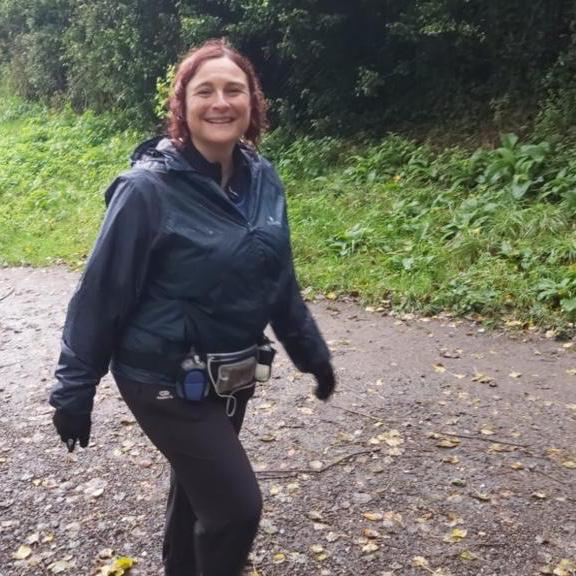
Catherine on a virtual walking marathon
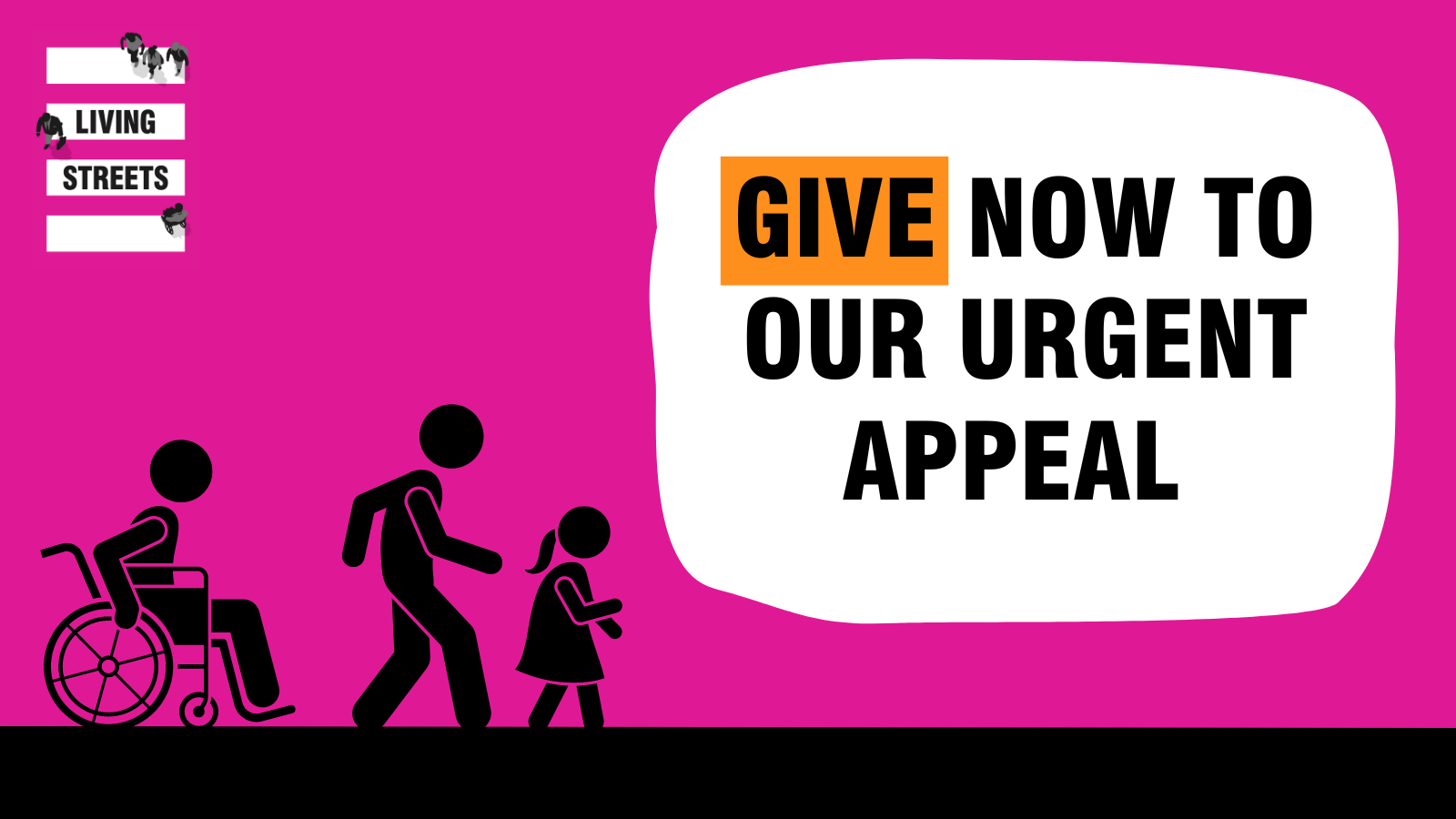
Living Streets is working hard so that the next generation can enjoy the mental health benefits of everyday walking. Our campaigns and wider work support people to improve their streets and get on their feet, but we can’t do it alone.
Last month, we launched an urgent appeal to raise £250,000 to pay for our essential campaigns work. We are suffering from a lack of funds to pay for our essential campaigns work – we were able to ride the storm of the pandemic and cost of living crisis at a time when others struggled due to our charitable reserves. But we have not been able to replenish them and delays in new funding has created a challenging time for us. I hope that you will consider supporting us, so we can continue to support communities to feel the benefits that walking brings.
